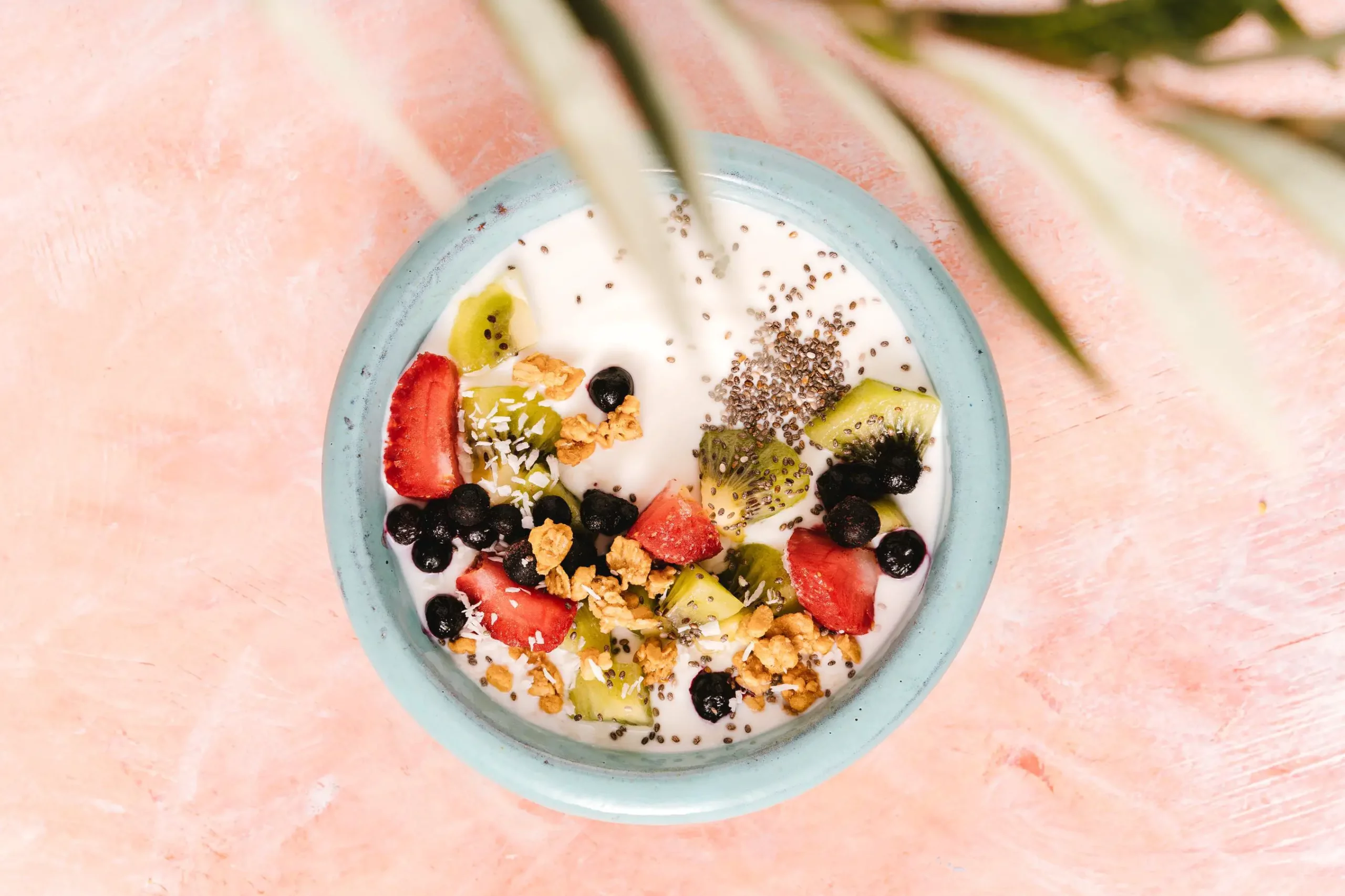Balancing Act: How Your Diet Affects Testosterone Levels

In the sunny state of Florida, where lifestyles often blend the vibrant outdoors with bustling city life, maintaining a healthy balance is key to overall well-being. One crucial aspect of this equilibrium is understanding the intricate relationship between diet and testosterone levels. Testosterone plays a vital role in both men’s and women’s bodies, influencing energy, muscle mass, and overall vitality. This article explains the link between your diet and testosterone production.
Understanding Testosterone:
Testosterone, often considered the cornerstone of male health, is equally essential for women. Its role extends beyond physical attributes, influencing mental well-being, energy levels, and overall vitality. Maintaining an optimal testosterone balance is not only crucial for physical health but also for mental and emotional equilibrium. Regular check-ups and hormone level assessments, especially as individuals age, are valuable in understanding the body’s specific requirements for hormonal balance.
Increasing testosterone levels
Are you suffering from low testosterone levels? Boosting testosterone levels is essential for enhancing overall vitality and well-being. Regular physical activity, especially strength training exercises like weightlifting and resistance workouts, has been proven to stimulate natural testosterone production.
Adequate sleep and managing stress levels are also crucial, as lack of sleep and chronic stress can adversely impact hormone balance. A balanced diet rich in nutrients, healthy fats, and proteins provides the body with essential building blocks for hormone synthesis. Additionally, testosterone replacement is another way to increase your testosterone levels. You should consider Florida Testosterone Replacement Therapy under the supervision of qualified medical professionals for a targeted and effective approach
The Impact of Diet on Testosterone Levels
1. Healthy Fats: Embracing sources of omega-3 fatty acids, such as flaxseeds and fatty fish like salmon, nurtures brain health and hormone production. Avocados, rich in monounsaturated fats, contribute to cardiovascular health, fostering an environment conducive to optimal hormone function. Integrating these healthy fats into your diet not only supports testosterone levels but also enhances cognitive function and cardiovascular well-being. Additionally, considering plant-based alternatives like walnuts and hemp seeds enrich your diet with essential fatty acids, promoting overall hormonal health.
2. Nutrient-rich foods: Incorporating a diverse range of nutrient-rich foods ensures your body receives a symphony of vitamins and minerals. These include magnesium, essential for muscle function, and vitamin D, which supports immune health. Leafy greens like spinach and kale, along with colorful fruits like berries, offer a plethora of antioxidants, promoting overall cellular health and supporting hormone regulation. Exploring local and seasonal produce not only diversifies your diet but also connects you with the natural rhythm of your environment, providing an array of nutrients vital for hormonal balance.
3. Protein Intake: Protein serves as the building block of life, facilitating muscle repair and growth. Consuming a variety of protein sources ensures you receive a spectrum of amino acids crucial for hormone synthesis. While animal-based proteins offer complete amino acid profiles, plant-based options like quinoa and chia seeds provide sustainable and ethical choices, promoting both health and environmental consciousness. Exploring culinary traditions from different cultures introduces you to a myriad of protein-rich dishes, expanding your palate and ensuring a diverse intake of essential nutrients.
4. Avoid Processed Foods: Highly processed foods laden with sugars, unhealthy fats, and artificial additives disrupt the delicate hormonal balance. High fructose corn syrup, commonly found in processed snacks and sugary beverages, can lead to insulin resistance, impacting testosterone levels negatively. By opting for whole foods and home-cooked meals, you not only nourish your body but also safeguard your hormonal health. Engaging in meal preparation with fresh, locally sourced ingredients transforms cooking into a creative and enjoyable activity, fostering a deeper connection with your food and its impact on your well-being.
5. Limit Alcohol and Caffeine: While the occasional glass of red wine may offer cardiovascular benefits, excessive alcohol intake can hinder testosterone production and impair liver function, vital for hormone metabolism. Similarly, high caffeine consumption can disrupt sleep patterns, leading to elevated stress hormones and imbalanced testosterone levels. Moderation in both alcohol and caffeine consumption is pivotal for maintaining hormonal harmony. Exploring herbal teas and decaffeinated alternatives not only provides a soothing experience but also supports restful sleep, crucial for hormone regulation and overall health.
Conclusion
As we conclude our exploration into the intricate relationship between diet and testosterone levels, it’s evident that our food choices wield immense power over our overall health and vitality. By embracing a balanced diet rich in nutrients, healthy fats, and protein, you not only support optimal testosterone production but also enhance your well-being in various aspects of life.
The key lies in mindfulness – being mindful of what we eat, how it affects our hormones, and ultimately, how it shapes our health. So, let your diet be your ally in the quest for hormonal balance, energy, and enduring vitality, allowing you to live life at its fullest potential.





